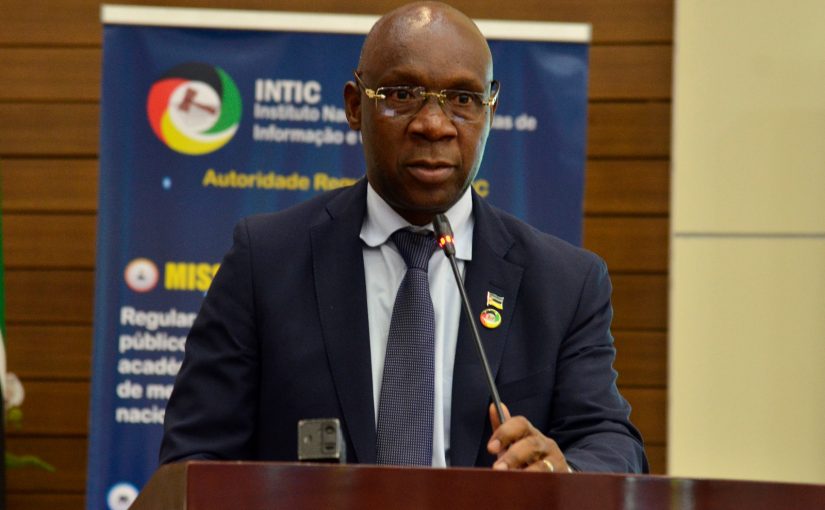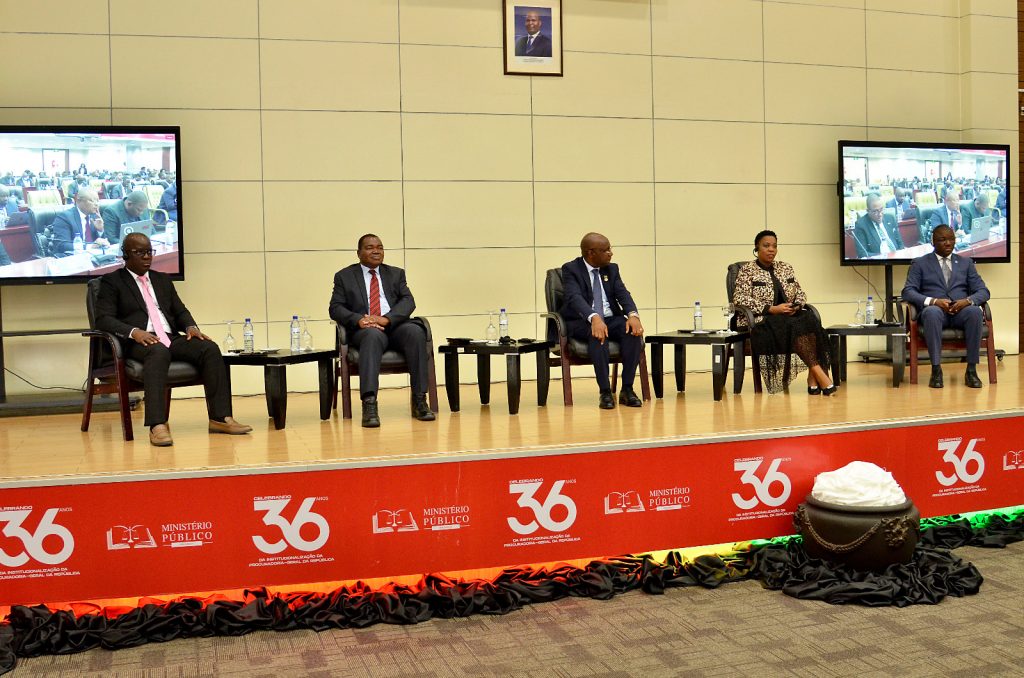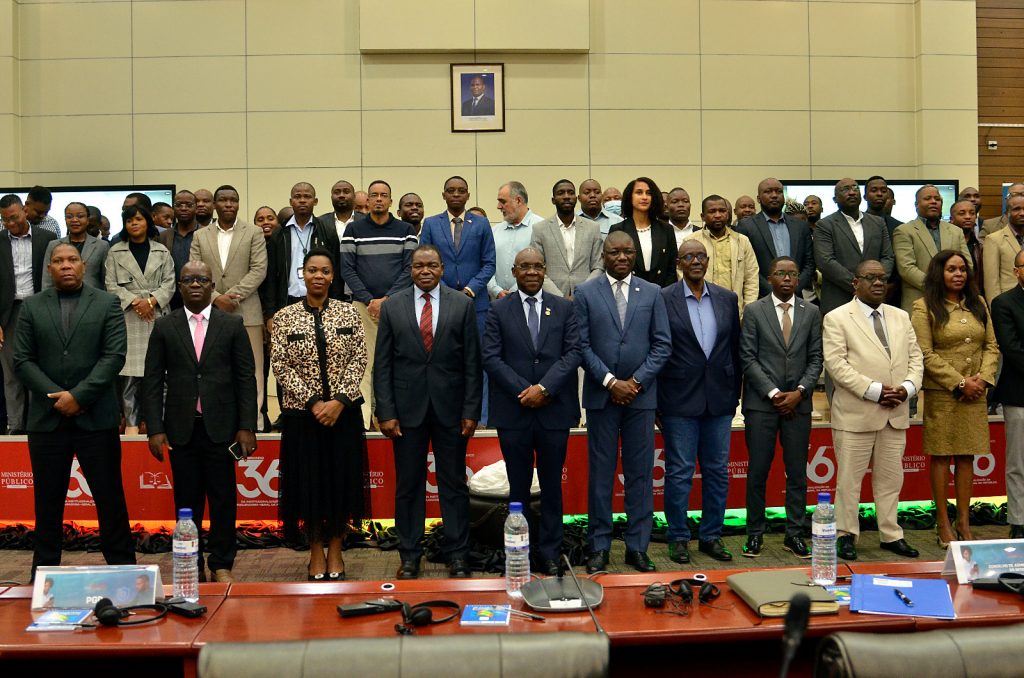Mozambique: President Chapo strengthens global partnerships for agriculture, youth and tourism in ...
Mozambique: INTIC calls for urgent creation of Cyber Incident Response Teams

Photo: INTIC - Instituto Nacional de Tecnologias de Informação e Comunicação
Mozambican authorities on Monday stressed the urgency of establishing institutional teams to respond to cybersecurity incidents, warning that protecting critical information infrastructure is vital for the operation of essential services.
“The protection of critical information infrastructure covering key sectors is vital for the flow of essential services to society and the economy of our country,” said Lourino Chemane, president of the National Institute of Information and Communication Technologies (INTIC), in Maputo, at the opening of International Cybersecurity Week.
In the same speech, Chemane argued that institutions must prioritise the creation of operational mechanisms to deal with incidents, emphasising that strategic sectors in Mozambique rely on vulnerable digital systems, meaning every public and private entity must establish its own cyberattack response team.
“We urge the entities responsible for managing critical information infrastructures to prioritise the establishment of effective institutional teams to respond to cybersecurity incidents,” he added.

International Cybersecurity Week includes the second National Meeting of Computer Security Incident Response Teams (CSIRTs) and training sessions aimed at technicians from the public and private sectors, to strengthen capacities for preventing and responding to cyberattacks.
The event also features discussions on digital geopolitics, cyber diplomacy, and artificial intelligence.
MoU with Togo
At the same event, a Memorandum of Understanding was signed between Mozambique and Togo to strengthen cooperation between the CSIRTs of the two countries, focusing on sharing information about emerging threats and enhancing regional resilience.
According to Lourino Chemane, the partnership “constitutes an important milestone” in the joint response to digital threats, aligning Mozambique with the National Cybersecurity Policy and aiming to build a “safer and more resilient African digital ecosystem.”
“The signing of this agreement reinforces Mozambique’s commitment to work with other African countries to ensure a safer, more reliable, and inclusive cyberspace,” he concluded, quoted in a statement published on the institution’s official website.
The MoU establishes four priority areas of cooperation: strengthening the technical and operational capacities of the incident response teams of both countries; sharing information about emerging threats and vulnerabilities; promoting the exchange of knowledge and best practices; and contributing to strengthening the cyber resilience of Mozambique, Togo, and the African region.

Cybercrime in Mozambique grew by 16% last year compared to 2023, warned Deputy Attorney General Amabélia Chuquela on 5 June, attributing the situation to a lack of resources and limited public awareness of the problem.
“The crimes most frequently perpetrated are related to fraud involving electronic payment instruments and channels, but also to online scams and identity theft,” Chuquela said, at the time.












Leave a Reply
Be the First to Comment!
You must be logged in to post a comment.
You must be logged in to post a comment.